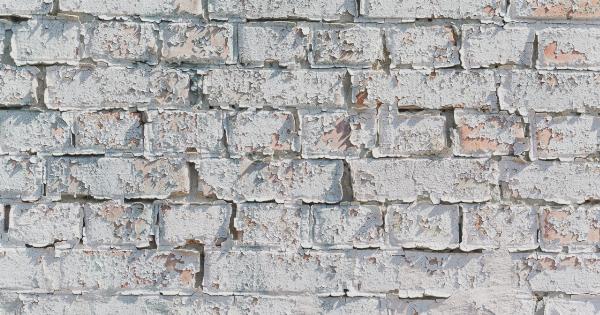Bloating is a common condition that many people will experience at some point in their lives. It can be caused by a number of different factors, including overeating, gas, constipation, and dehydration.
Whatever the cause, bloating can be uncomfortable and often results in a swollen stomach. Fortunately, there are several ways to beat bloating and relieve that swollen stomach. Here are some of the most effective techniques:.
1. Drink Plenty of Water
Dehydration is one of the most common causes of bloating. When your body is dehydrated, it holds on to excess water, which can cause your stomach to swell. To combat this, make sure that you are drinking plenty of water each day.
The general rule is to drink at least eight 8-ounce glasses of water per day, but some experts suggest drinking even more.
2. Cut Back on Salt
Many people consume too much salt in their diets, which can lead to water retention and bloating. To reduce bloating, try cutting back on your salt intake. Avoid processed foods, as they often contain high levels of sodium.
Instead, cook your own meals and use fresh herbs and spices to add flavor.
3. Eat Slowly and Chew Your Food Thoroughly
Eating too quickly can cause you to swallow air, which can lead to bloating. To prevent this, try to eat slowly and chew your food thoroughly. This will help your body digest your food more easily, reducing the risk of bloating.
4. Avoid Chewing Gum
Chewing gum can cause you to swallow air, which can lead to bloating. To prevent this, try to avoid chewing gum, especially when you are feeling bloated.
5. Exercise Regularly
Regular exercise can help regulate your digestive system, reducing the risk of bloating. Try to incorporate at least 30 minutes of exercise into your daily routine, such as a brisk walk or yoga.
This can help stimulate your digestive system and reduce bloating over time.
6. Increase Your Fiber Intake
Eating a diet that is high in fiber can help regulate your digestion and prevent bloating. Fiber helps keep your stool soft and easy to pass, reducing the risk of constipation. Good sources of fiber include fruits, vegetables, whole grains, and legumes.
7. Avoid Carbonated Drinks
Carbonated drinks, such as soda and sparkling water, can cause gas to build up in your stomach, leading to bloating. To prevent this, try to avoid carbonated drinks or limit your intake.
8. Reduce Your Intake of Fatty Foods
Fatty foods can be difficult for your body to digest, leading to bloating and discomfort. To reduce bloating, try to limit your intake of fatty foods, such as fried foods, processed meats, and cheese.
9. Try a Natural Diuretic
Natural diuretics, such as dandelion tea or parsley, can help reduce bloating by flushing excess water out of your body. Try incorporating these natural diuretics into your diet to see if they help reduce your bloating.
10. Consider Probiotics
Probiotics are beneficial bacteria that live in your gut. They can help regulate your digestive system, reducing the risk of bloating and other digestive issues.
Consider incorporating probiotics into your diet, either through supplements or fermented foods, such as yogurt or kimchi.
By following these tips, you can beat bloating and relieve that swollen stomach. Be patient and give your body time to adjust to these changes, as it may take some time to see results.
If you continue to experience bloating or have other digestive issues, consult your doctor.






























